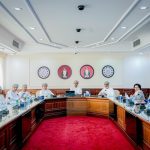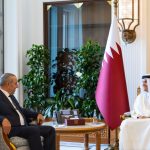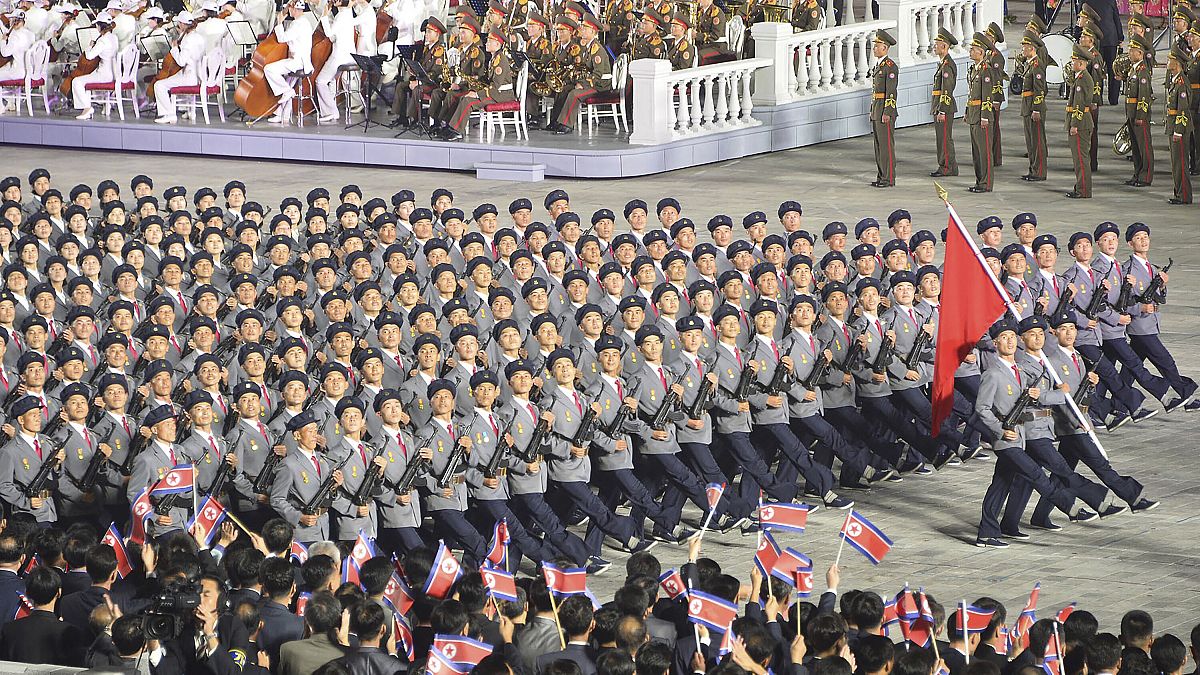The South Korean intelligence agency has reported that North Korea has deployed troops to fight in Ukraine, raising concerns about increased military cooperation between North Korea and Russia. This move could bring a third country into the war and deepen the standoff between North Korea and the West, according to French authorities. The National Intelligence Service (NIS) in Seoul revealed that Russian navy ships transferred 1,500 North Korean special operations forces to Vladivostok in October, with more troops expected to be sent soon. The NIS also stated that the soldiers have been provided with Russian military uniforms, weapons, and forged identification documents.
Photos posted by the NIS show Russian navy ship movements near a North Korean port and suspected North Korean mass gatherings in Russian cities like Ussuriysk and Khabarovsk. South Korean media reports suggest that North Korea plans to dispatch a total of 12,000 troops in four brigades to Russia, although the NIS has not confirmed these claims. If verified, this would be North Korea’s first significant involvement in a foreign war. However, Russia has denied the use of North Korean troops in the conflict, labeling it as “fake news.” Meanwhile, North Korean state media has remained silent on the issue, deepening the mystery surrounding the troop deployment.
Despite a lack of confirmation, NATO Secretary-General Mark Rutte acknowledged the reports of North Korean troops engaging in the war effort and suggested that the official position on the matter could change. The deepening cooperation between North Korea and Russia over the past two years has raised concerns among US and South Korean officials, who accuse North Korea of supplying arms to aid Russia in its conflict with Ukraine. In June, Kim Jong Un and Vladimir Putin signed a pact for mutual military assistance in the case of an attack on either country. However, many experts question the effectiveness of North Korean troops in assisting Russia due to outdated equipment and lack of battle experience.
Leif-Eric Easley, a professor of international studies at Ewha Woman’s University in Seoul, raised concerns about the potential diplomatic sacrifices North Korea would make by deepening its cooperation with Russia. The quid-pro-quo arrangement in terms of Russian military technology provided to North Korea could pose a significant threat to South Korea’s security. The move by North Korea to send troops to Russia marks a significant departure from its historical stance of limited engagement in foreign conflicts since the Korean War. If confirmed, this development could further escalate tensions between North Korea, Russia, and the West, and have far-reaching implications for regional security.











